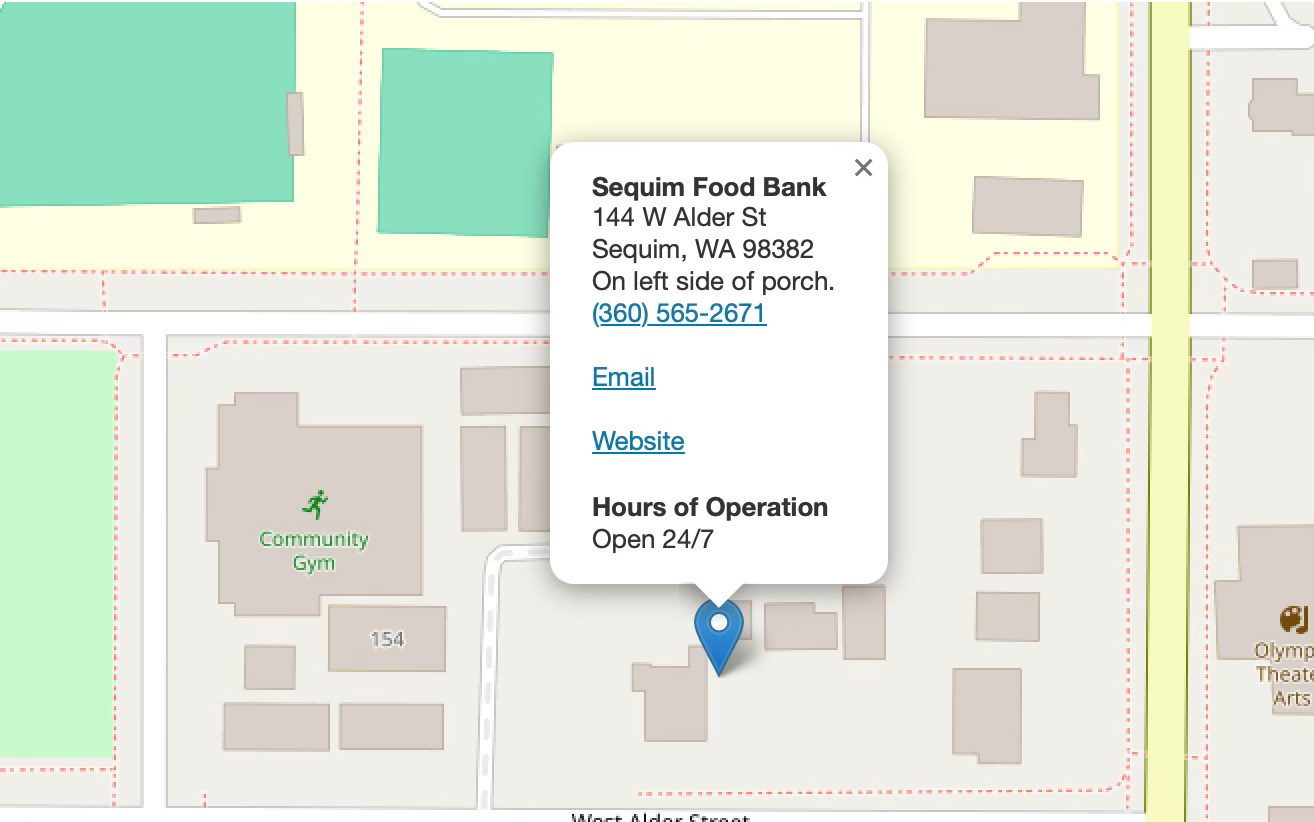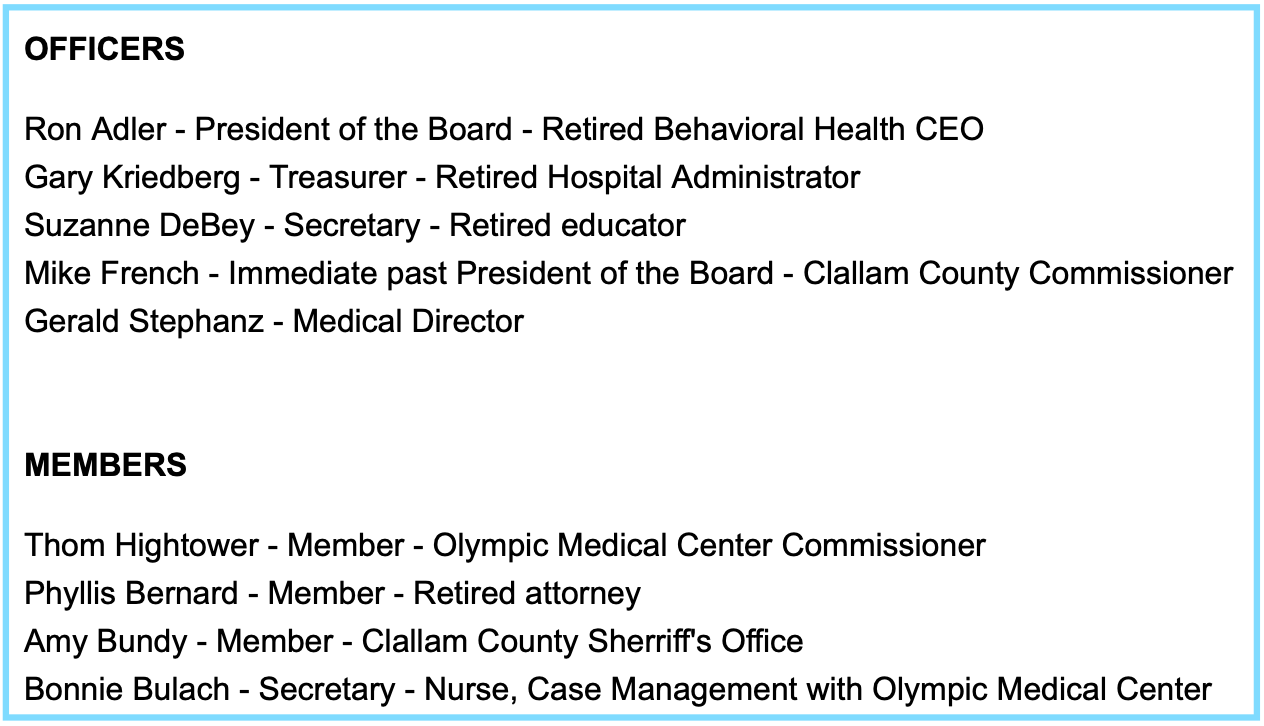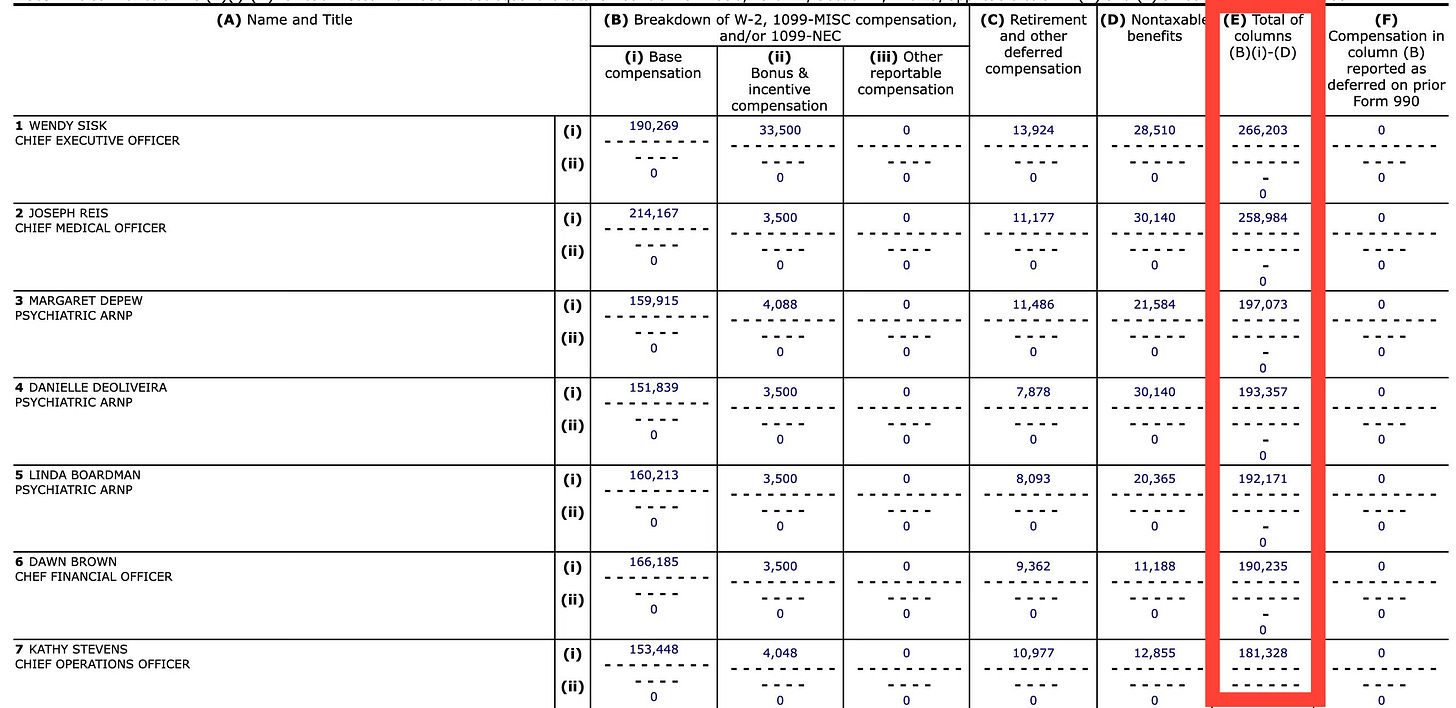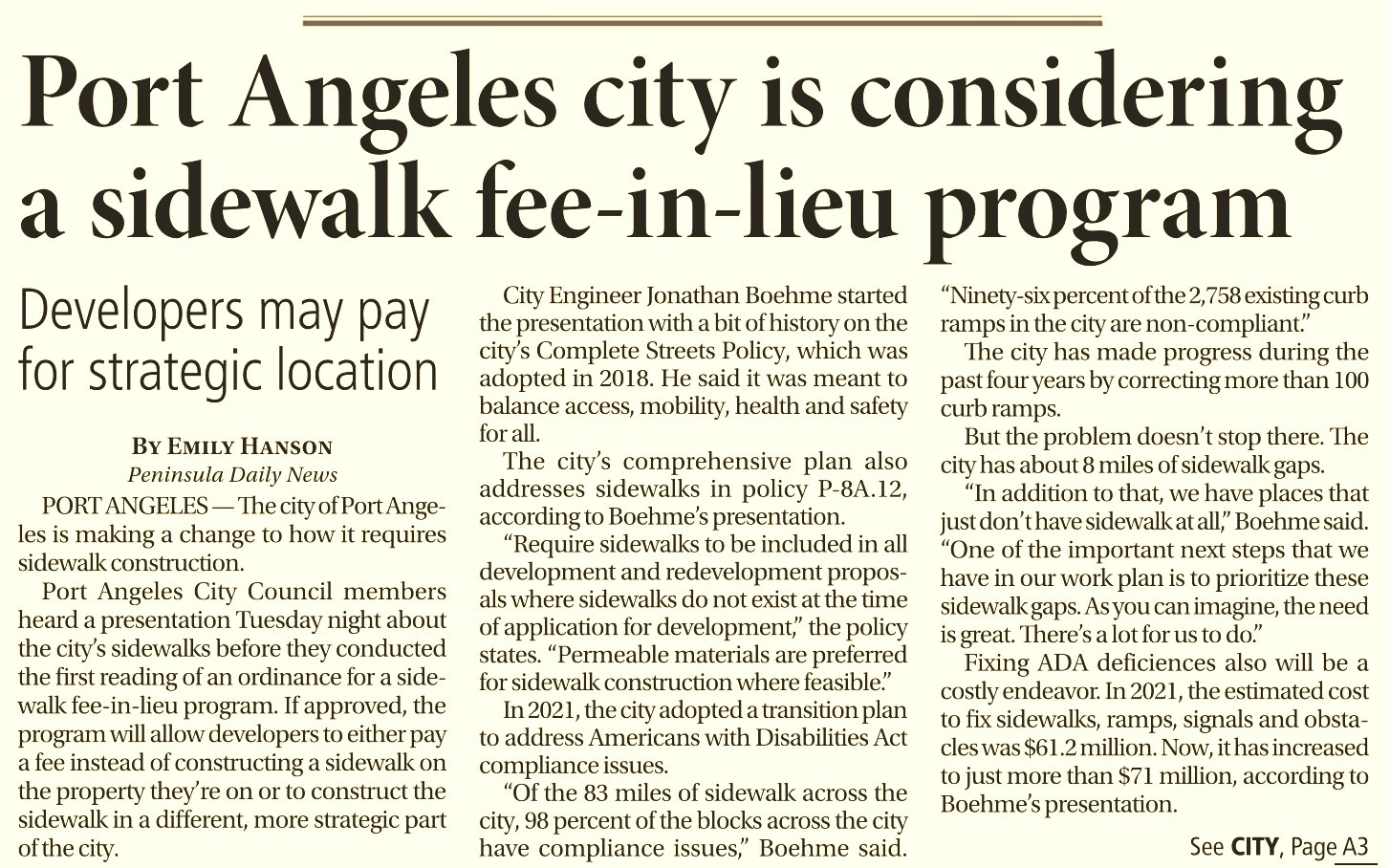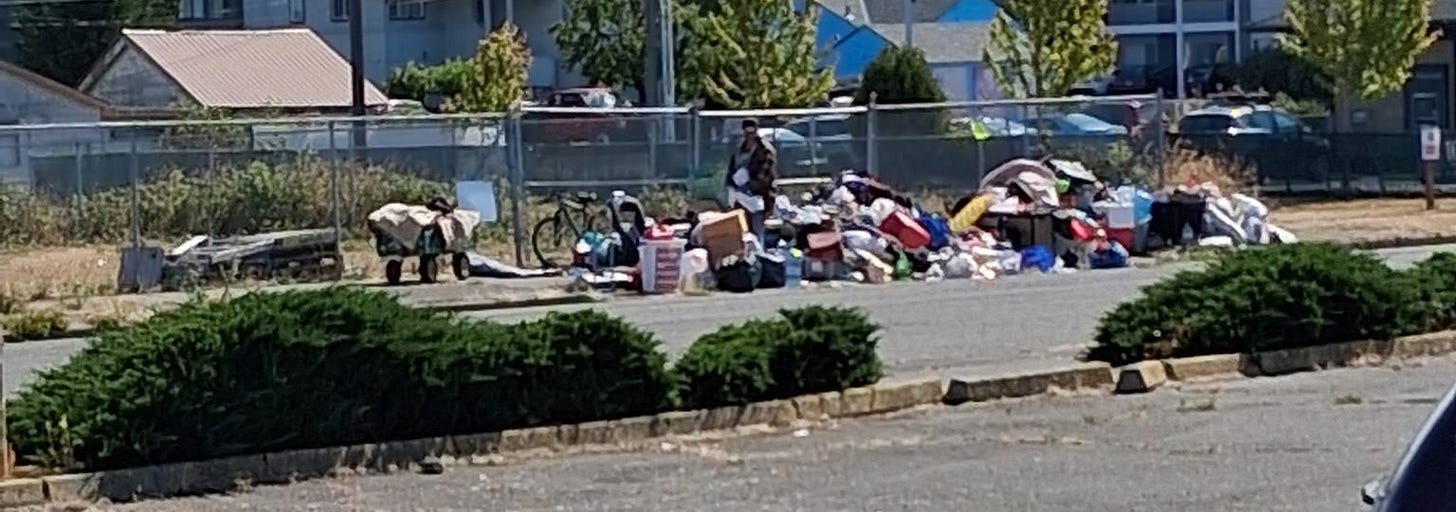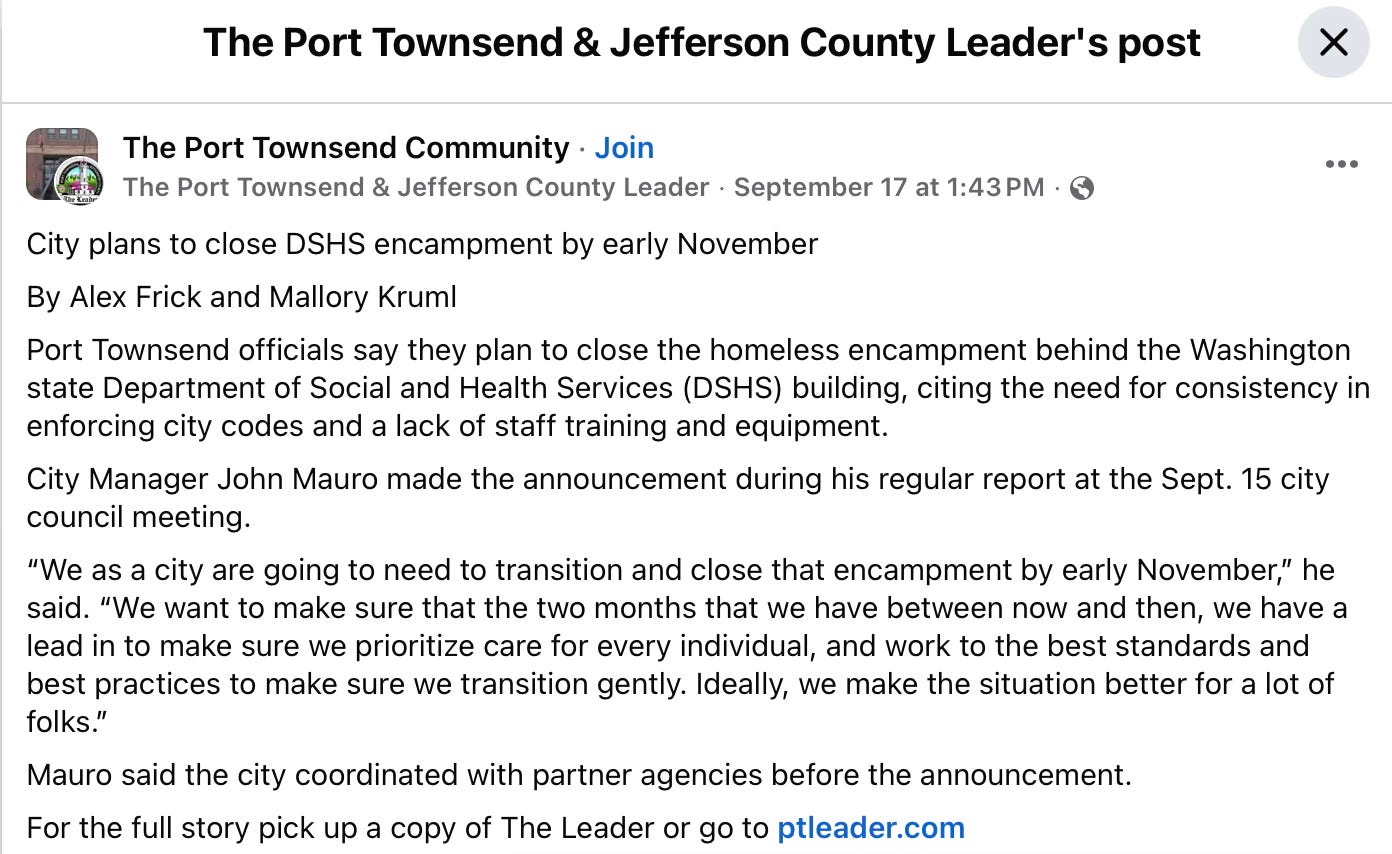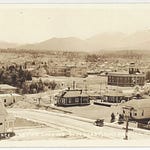From parcel taxes to NGO salaries, from sidewalk fiascos to the collapse of legacy news, Clallam County is living in contradictions. Your commissioners talk accountability, your NGOs preach compassion, your papers promise “local journalism.” But the fine print tells another story: power plays, double standards, and misplaced priorities — with taxpayers footing the bill. Here are ten stories the establishment would rather you skim past. Read closely, because the pattern matters.
Petitions and Parcel Fees: A “Water Steward” by Another Name
Today’s the day: Jake Seegers is collecting petitions at 1052 Jamestown Road in Sequim, 10 a.m.–4 p.m., to stop the $5 parcel fee. This “fee” isn’t about conservation, it’s about control.
The Charter Review Commission flatly rejected the idea of a “Water Steward” office, recognizing that voters didn’t want another layer of bureaucracy. Yet the Board of County Commissioners is trying to sneak the same position in through the Clallam Conservation District (CCD). The CCD’s latest newsletter is practically a drinking game of the words “water” and “steward.” It’s not subtle.
The real issue? Voters said no. Commissioners heard “try again.” Instead of respecting the Charter process, they’re building a backdoor. Expansion of government dressed up as “conservation,” and you get the bill.
The Ever-Shifting Identity of CCD
Who is the Clallam Conservation District, really? Depends on when you ask. One month it’s about farmers. The next it’s salmon habitat restoration. Then it’s soil testing, then irrigation piping, then paying farmers not to farm. Wildfire prevention, then rainbarrel water storage. And now? They’re joining hands with Jamestown and Lower Elwha Tribes on “Orca Recovery.” They’re also partnering with Washington CoastSavers, which is affiliated with the Clallam County Marine Resources Committee, calling for the residents of 3 Crabs to be evicted.
This chameleon act isn’t about mission — it’s about money. Programs shift not because of community need, but because of grant availability. When the dollars run dry in one lane, they pivot to another. Taxpayers and ratepayers are told it’s all about “stewardship.” In reality, it’s about institutional survival. The only through-line is a steady demand for more funding. Stability and accountability are missing, but the invoices keep coming.
Naloxone Everywhere
Remember when the state’s Naloxone Finder showed just two Clallam County sites for the overdose-reversal drug? That was only a few months ago. Today, there are 14.
But ask yourself where they are. Hint: food banks aren’t just for food anymore.
Clallam’s safety net has become less about nourishing families and more about normalizing addiction. Naloxone saves lives, yes, but does it solve the problem? Or does it entrench a system where taxpayer-funded NGOs hand out overdose kits alongside cereal boxes, while the cycle of addiction deepens?
Public officials celebrate “access.” Meanwhile, overdoses climb, treatment beds stay scarce, and communities see food lines turn into drug supply lines. Where’s the accountability?
The Fermanis Fallout
Alexandria Fermanis’ social media post celebrating Charlie Kirk being shot in the neck wasn’t just “in bad taste.” It exposed the culture of impunity within taxpayer-funded nonprofits. Olympic Peninsula Community Clinic (OPCC), where she works, confirmed her employment and dismissed the matter as “internal.” Translation: nothing to see here.
Look closer. OPCC’s board has included County Commissioner Mike French (immediate past president), hospital commissioner candidate Gerald Stephanz, and sitting PUD Commissioner Phyllis Bernard. This isn’t fringe — this is the local establishment. And their staff openly glorifies political violence without consequence.
Fermanis issued a statement, but it wasn’t an apology.
She admitted her post was “in bad taste,” but expressed surprise at the uproar. The bigger surprise is how little accountability there is for organizations like OPCC. Funded heavily by taxpayers, they hide behind “NGO” status to avoid the transparency and conduct standards that government agencies must follow. Public dollars, private rules, zero consequences.
Legacy Media on Life Support
Sound Publishing — the corporate owner of the Peninsula Daily News and Sequim Gazette — is shutting down its massive Lakewood press. The facility opened just three years ago, cost millions to set up, and was reportedly losing $1 million a year. Now it’s closing, and Sound is quietly subleasing the building.
Sound’s parent company, Black Press of Canada, effectively went bankrupt in 2024 after losing nearly $60 million. It reorganized under new financiers who immediately cut jobs and consolidated presses. Local journalism took another hit, but executives promised they remain “focused on community.”
Meanwhile, subscribers see thinner papers, fewer reporters, and more “sponsored content.” Deadlines are pushed earlier as papers are printed farther away, meaning less timely coverage. The press that once symbolized commitment to local news is now a monument to decline.
Independent outlets are filling the gap. Readers are shifting to online watchdogs, Substacks, and citizen journalism. Legacy papers can cling to corporate secrecy and declining ad revenue. But the reality is simple: adapt or go extinct.
Peninsula Behavioral Health: Hope Starts Here… and So Do Six-Figure Salaries
Peninsula Behavioral Health (PBH) is gearing up for its golf fundraiser. For $100 a ticket, you can “support hope.”
What they don’t advertise is that hope comes with a hefty price tag for leadership.
In 2023, PBH CEO Wendy Sisk earned $266,203 — in a county where the median household income is about $65,000. The next six executives all cleared $180,000. Meanwhile, PBH builds luxury “homeless housing” with taxpayer funds, branding itself as the compassionate solution.
The reality: PBH is part of the “homeless industrial complex.” The bigger the crisis, the bigger their budget. While Clallam families struggle, PBH leaders rake in salaries four times higher than the households they claim to serve. Hope starts here — but so does the gravy train.
Port Angeles Sidewalks: ADA Compliance or Tent City?
Port Angeles is proud to announce a new “fee-in-lieu” program for sidewalk construction. Developers can pay into a fund instead of building sidewalks on their property, supposedly allowing the city to prioritize repairs strategically.
The numbers are staggering: of 83 miles of sidewalk, 98% are out of ADA compliance. Ninety-six percent of curb ramps fail federal standards. Fixing it all? $71 million. The city has corrected only 100 ramps in four years. At this pace, compliance will arrive sometime in the 22nd century.
But even if sidewalks were fixed, how many are already unusable — not from cracks, but from tents, trash, and needles? ADA compliance is meaningless if citizens can’t safely walk the streets. The city celebrates a new revenue stream while ignoring the encampments blocking sidewalks right now. The question is simple: will the fee fund infrastructure, or will it fund excuses?
Clean Energy Cash — Who’s “Overburdened”?
The Washington Department of Commerce is offering $32 million for “clean energy” projects, prioritizing communities that are “vulnerable” or “overburdened.” The Jamestown S’Klallam Tribe, with 209 members in its service area and nearly $86 million in annual revenues, will undoubtedly be eligible.
But in a county where small businesses are closing, 30% of Sequim residents are using the food bank (according to Commissioner Ozias), and families face rising taxes, who is really “overburdened”? Commerce’s language almost guarantees tribes will be prioritized, regardless of financial strength.
This raises a fair question: if one of the most economically powerful entities in the county qualifies as “overburdened,” what hope do struggling residents have of ever being heard? The system seems designed to reward influence, not need.
The grants are funded by Washington’s Climate Commitment Act — a hidden gas tax championed by Commissioner Mark Ozias and the Jamestown S’Klallam Tribe. The CCA has saddled Washington with the highest gas prices in the nation, driving up the cost of food, housing, transportation, and daily necessities in an already economically depressed county.
Clallam County or Bell, California?
Consider the pattern. Our hospital teeters on bankruptcy. NGOs siphon taxpayer money while their executives take home lavish salaries. School districts manipulate levy language to tilt elections. And commissioners nod along while pushing new tax hikes this November.
It’s disturbingly similar to Bell, California. There, officials quietly raised salaries to the highest in the nation, hiked property taxes, and manipulated elections until the scheme collapsed in scandal. Seven officials were eventually convicted and jailed.
Clallam isn’t there yet — but the signs are hard to miss. When transparency vanishes, when insiders enrich themselves, when the public is treated as a checkbook instead of a constituency, the line between Clallam and Bell gets uncomfortably thin.
Port Townsend Moves on Encampments. When Will We?
Port Townsend has had enough. The city announced it will close the homeless encampment behind the DSHS building by November, citing consistency in code enforcement and public safety. City Manager John Mauro promised a “gentle transition,” but the key is clear: the camp is closing.
Meanwhile, Port Angeles and Sequim continue to tolerate encampments in parks and public spaces. Residents endure crime, garbage, and blocked sidewalks while city leaders wring their hands. The contrast couldn’t be sharper.
If Port Townsend can coordinate agencies, enforce its codes, and act in the public interest, what’s stopping our cities? Compassion doesn’t require chaos. Leadership requires decisions. Clallam’s leaders should take notes.






